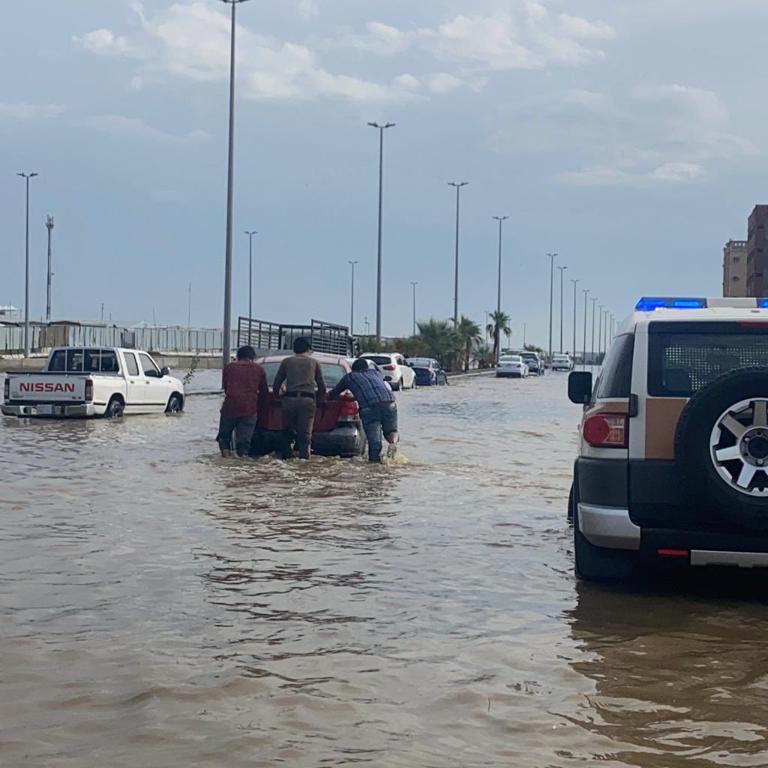Economic losses from drought, floods and landslides have rocketed in Asia, and last year alone, weather and water-related hazards caused total damage of $35.6 billion, affecting nearly 50 million people, according to a report, entitled “State of the Climate in Asia 2021”, released on Monday.

The report, which was produced jointly with the UN Economic and Social Commission for Asia and the Pacific (ESCAP), was presented during the UN climate change negotiations, COP27, in Sharm El Sheikh, Egypt.
It shows how, compared to the average in the past 20 years, economic losses are on the rise for most types of disasters. Economic damage from drought has increased by 63 per cent, from floods by 23pc, and from landslides by 147pc, compared to the 2001-2020 average.
The report painted a worrying scenario for future water stress. High mountain Asia, including the Himalayas and the Tibetan Plateau, contains the largest volume of ice outside the polar region, with approximately an area of 100,000 square kilometres of glacier coverage.
The rate of glacier retreat is accelerating and many glaciers suffered from intense mass losses as the result of exceptionally warm and dry conditions last year. These so-called “water towers of the world” are vital for freshwater supplies for the most densely populated part of the planet and so glacier retreat has major implications for future generations.
There were more than 100 natural hazard events in Asia, of which 80 per cent were flood and storm events. These resulted in almost 4,000 fatalities, about 80 percent caused by flooding. Overall, 48.3 million people were directly affected by these hazards, causing total economic damage of $35.6bn.
Sources:
DAWN
https://www.dawn.com/news/1721015 .
Provided by the IKCEST Disaster Risk Reduction Knowledge Service System
Comment list ( 0 )
